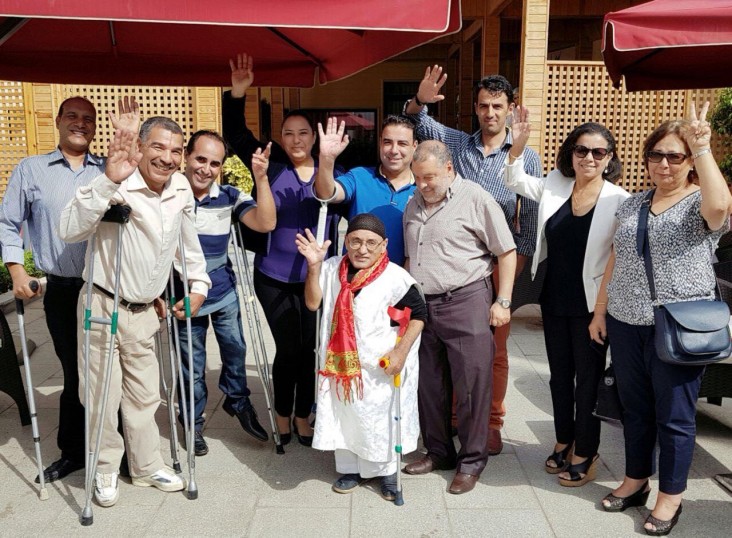Speeches Shim

While Morocco has numerous active Civil Society Organizations, most lack the capacity to take on greater responsibilities.
Following the Arab Spring in 2011, the Government of Morocco initiated a series of ambitious constitutional reforms to improve the political and economic participation for all Moroccans, which included several historical prerogatives to increase civil society’s role in the public policy process. While Morocco has numerous active Civil Society Organizations (CSOs), most lack the capacity to take on the greater responsibilities granted to them by the new 2011 constitution. In the royal speech at Parliament’s opening session in October 2016, the King called upon all administrations, including local government, to improve their relations with citizens and promote mechanisms for greater participation and consultation in the political process.
USAID RESPONSE
There remains a need to help both government and civil society work together to ensure a more inclusive government that represents the interests of all citizens, especially women, youth, and marginalized groups. By increasing the capacity of civil society to engage with the government and facilitating the development of institutionalized mechanisms for civic participation in government decision-making, Morocco will be better situated to implement its reform agenda in a peaceful and sustainable manner. USAID aims to take advantage of the recent constitutional prerogatives to include citizens in the public policy process by acting as a platform to facilitate dialogue and exchange between Civil Society Organizations (CSOs) and different government and institutional actors.
FACTS & FIGURES
- Counterpart International
- Center for Not-for-Profit Law (ICNL)
USAID SUPPORTS MOROCCAN CSOs in their policy advocacy efforts by providing them with tailored technical assistance in developing their constituent networks, forming effective coalitions, and developing sound policy recommendations. The Program also awards competitive grants for advocacy projects.
USAID is also PROVIDING TECHNICAL SUPPORT TO GOVERNMENT ACTORS to improve the legal and regulatory framework governing civil society.
RESULTS TO DATE
- 212 CSOs are better able to participate in local and/or national governance processes and have a greater role in building partnerships with local and national government representatives. Trust has increased between civil society partners and government, and local government representatives increasingly see CSOs as valuable resources and not adversaries.
- Several locally elected institutional partners have become more open to citizen participation as a result of the establishment of internal consultative bodies, the development of civil society engagement strategies, and the implementation of the petitions law. The Interior Ministry is now scaling up USAID’s model to other municipalities nationwide.
- Five CSOs have become intermediary support organizations (ISOs), which are centers of expertise on capacity building and advocacy for local CSOs.
- Financial sustainability of CSOs in Morocco has been improved. As a result of several months of advocacy led by the ISOs with USAID support, the 2019 budget law included an unprecedented provision allowing private businesses to donate up to 0.2 percent of their annual income to CSOs.
- With USAID technical assistance, the legal environment for CSOs has become more permissive, with key pieces of civil society legislation recently enacted, including petitions and motions laws. A law on volunteering and another on public consultations are in the works and will soon be issued by the government.

Comment
Make a general inquiry or suggest an improvement.